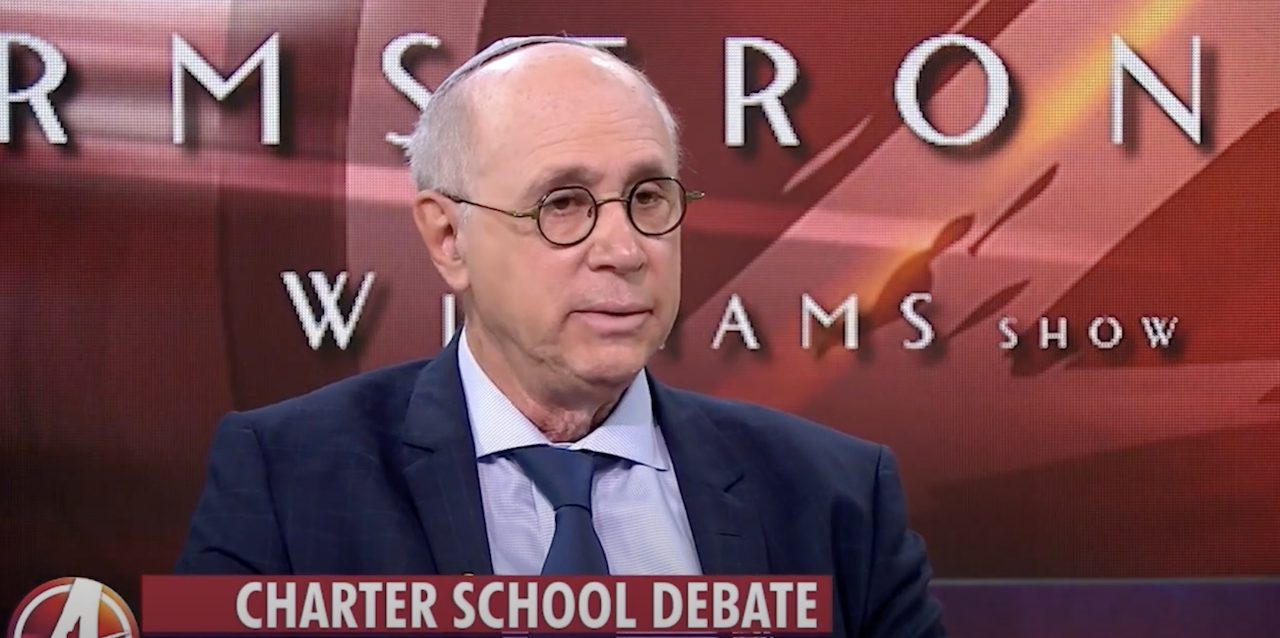Bringing Torah to the Capitol
This year marks the 100th anniversary of the birth of Raoul Wallenberg. Wallenberg was the Swedish diplomat stationed in Hungary during World War II, who at the risk of his own life, issued false and forged documents which saved thousands of Jews from being sent to Nazi extermination and concentration camps. Tragically, after World War II, he was taken into custody by the Russians where he languished for decades in a Soviet prison and eventually died.
His story is being celebrated as a testament of individual courage and as a reminder of the power of what one person can do in the face of evil.
When I was in Budapest with the Rabbinic Cabinet of JFNA in February, we attended a ceremony at the Wallenberg Memorial Statue with a delegation of members from the U.S. Congress. The Hungarian Embassy is also marking the occasion with a number of events here in Washington as well.
Representative Dennis Kucinich, the head of the Hungarian Caucus in the U. S. House of Representatives and Representatives Dan Burton and Gregory Meeks, Chairman and ranking member of the House European Sub-Committee of the Foreign Affairs Committee, as well as Annette Lantos, wife of the late Congressman, Tom Lantos, and other members of Congress recently spoke at a ceremony to honor the diplomat who risked his life saving Jews.
Feeling something was missing, I asked if I could say a few words at the end. After Mrs. Lantos and members of Congress spoke, I concluded with a passage from the Talmud. I quoted for dignitaries and public officials one of my favorite verses, “In a place where there are no men, strive to be a man.” People were visibly moved and touched by what I said as I commented that Wallenberg’s courage epitomized the meaning of this inspiring and eternal message. I was pleased to be able to offer remarks which were well received and added to the meaning of the occasion. Being able to cite a Jewish source added a historical and spiritual context to the ceremony and placed in a larger context.
Whenever we anchor our actions and beliefs in the teachings of our heritage we enhance and deepen the significance of what we do. It is often said that popular music is the soundtrack of our lives. Judaism is what enriches and gives it meaning and context.
Also published on Medium.




